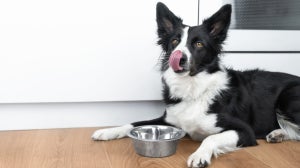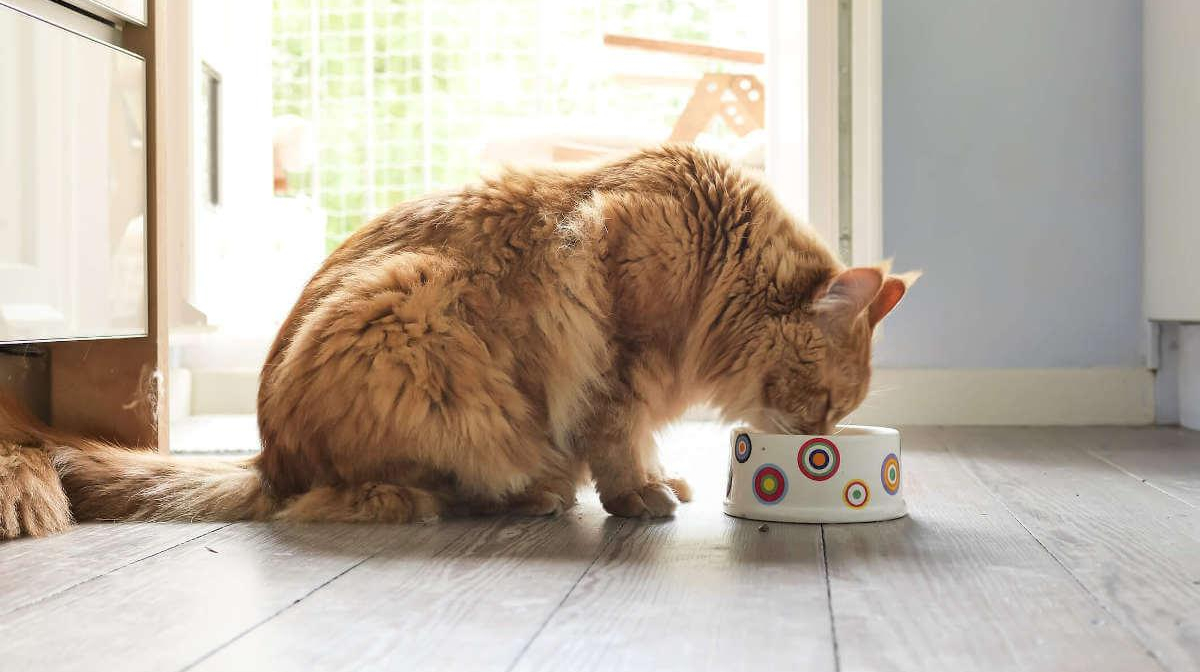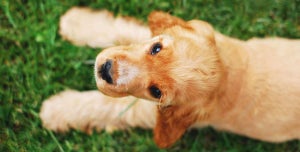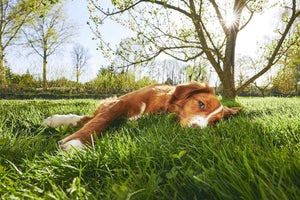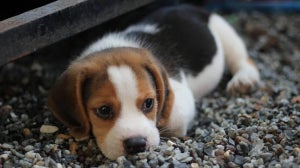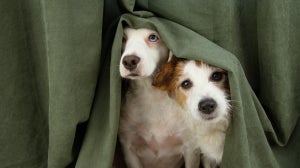
When it comes to slipping our cats a treat, most pet owners have been guilty of this at some point. Whether it’s a proper pet treat or a small snack from our plates, we love treating our cats. However, it’s important to bear in mind that not all food is suitable for cats, and some foods can even cause them harm. In this article, James Wellbeloved looks into whether or not cats can eat dairy…
CATS AND DAIRY
Although cats come across as being fussier than dogs when it comes to food, that doesn’t mean they know the difference between what they should and shouldn’t eat. A common misconception surrounding cats is that they can drink milk, with popular culture often showing us images of cats drinking from saucers of milk or cream. However, the reality is that many cats are actually lactose-intolerant. As carnivores, cats’ digestive systems are built for processing meat primarily. Often, they are unable to digest the enzyme lactose, which is present in dairy foods, and may experience diarrhoea or vomiting if they ingest dairy products.
CAN CATS EAT CHEESE?
Cheese typically contains less lactose than milk, so a small amount should not harm your cat. However, often cheese contains other ingredients that can upset your cat’s stomach, including onion, garlic, chives and spices. Similarly, cow’s milk can be difficult for cats to digest, so a dairy or lactose-free option may be the best bet if you really want to give your cat cheese. Soft cheeses are also more likely to cause problems than harder cheeses, which tend to contain less lactose. If your cat shows signs of a tummy upset after consuming cheese, it’s probably a sign that they are intolerant and should not be fed the cheese again. If symptoms persist, you will need to take your cat to see a vet.
KITTENS AND MILK
When kittens are born, they drink their mother’s milk until they are old enough to be weaned off the milk and onto solid food. Contrary to what some might think, kittens should not drink cow’s milk, as their delicate systems are unable to process it properly. Cow’s milk is made for calves, so if kittens are fed cow’s milk they may experience upset tummies and diarrhoea as a result, or even developmental issues due to the imbalance in nutrients. If you have a young kitten on your hands that still needs to be fed milk, you can buy special kitten milk from a vet or a pet shop. A mother cat’s milk contains all the nutrients a kitten needs until they are weaned.
TIPS FOR TREATING YOUR CAT
As cats are naturally inquisitive, they are often able to find their way into all sorts of places they shouldn’t, which is why they sometimes manage to eat foods that are dangerous to them. To ensure that your cat doesn’t snack on the wrong foods, keep all dangerous food items such as grapes, raisins, dairy and eggs safely out of reach of curious paws. While your cat is in the kitchen, keep a close eye on them at all times and try to discourage them from jumping up onto kitchen surfaces. You should also teach children that cats should not be fed the same foods as humans and ask them not to give the cat food from their own plate. If you suspect your cat may have ingested a dangerous food, take them to see a vet immediately. Remember, you shouldn’t be over-treating your cat; treats should make up maximum of 10% of a cat’s daily allowance, so if you do treat your cat, remember to reduce their meal proportionally. Aside from their regular cat food, try to avoid giving them treats too often, as this can lead to weight gain, or your cat turning their nose up at their usual food! Before feeding your cat a new food, always check the ingredients list first, or ask a vet for advice. There are plenty of tasty cat food options out there, with all the right nutrients your cat needs to be happy and healthy. If you want to give them a little treat every now and again, always check that it is appropriate first, or ask a vet if you are unsure.

Related Articles
